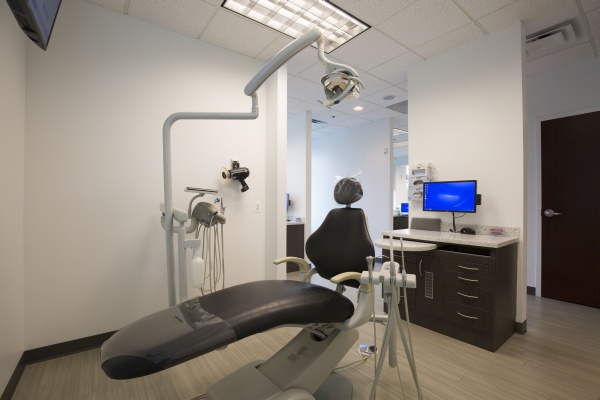How To Treat Tooth Decay

The best way to avoid tooth decay is to practice good oral hygiene, which means brushing your teeth at least twice a day, flossing regularly and seeing your dentist twice a year. Even though these preventive steps do not guarantee you will not have to deal with tooth decay, they are the best way to prevent the problem.
Treating tooth decay
If you do end up with tooth decay, these procedures are the best way to treat the decay.
Fluoride treatments
This is very effective if the decay is caught early. Fluoride treatment helps to restore the enamel in your teeth and also reverses cavity in the early stages. Even though the toothpaste you use contains fluoride, professional treatment is more effective because they have more fluoride than the amount in your toothpaste, mouthwash and water.
Fluoride treatments can be done using foam, gel, liquid and placed in a tray that fits over your teeth.
Dental fillings
Fillings are used to treat decay when it has progressed past the early stage. The decayed part of your tooth is removed by your dentist and the remaining part of the tooth is filled with various materials, including gold, silver amalgam, which is a combination of different materials, porcelain and tooth-colored composite resin.
Dental crowns
These are used to treat tooth decay when the damage to your tooth is extensive. A crown is a custom-fitted piece that is used to replace the natural crown of your tooth. Getting a crown requires two visits to your dentist.
During the first visit, your dentist will drill away the decayed part of your tooth and clean it out. They will also make an impression of your tooth to ensure the crown will fit perfectly then send the impression to a dental laboratory for the crown to be made. Since part of your tooth has been removed, your dentist will give you a temporary crown to protect the exposed part of your tooth and prevent infection.
When the permanent crown is ready, you will have to go back to your dentist to get the temporary crown removed and have the permanent crown put in place.
Root canals
This procedure is done when the decay reaches the pulp in your tooth and your dentist feels the remaining part of the tooth can still be saved. The decayed part of the tooth is removed and medication is used to clear up any infection. After the damaged part has been removed, your dentist will either fit a crown over the remaining tooth to protect it or use dental fillings if there is still a large part of the tooth remaining.
Extractions
This is the last resort when it comes to tooth decay. Your dentist will recommend removing the entire tooth if they feel it is badly decayed and cannot be fixed. Since this procedure will leave a hole in your teeth, you will have a false tooth put in its place to prevent your other teeth from shifting.
Conclusion
Tooth decay can cause a lot of damage to your teeth if left untreated and cost you a lot of money in the long run. If you notice signs of decay in your teeth, schedule an appointment with your dentist to figure out the best way to treat it.
Request an appointment here: https://www.titandentalcare.com or call Titan Dental Care at (703) 745-3227 for an appointment in our Sterling office.


